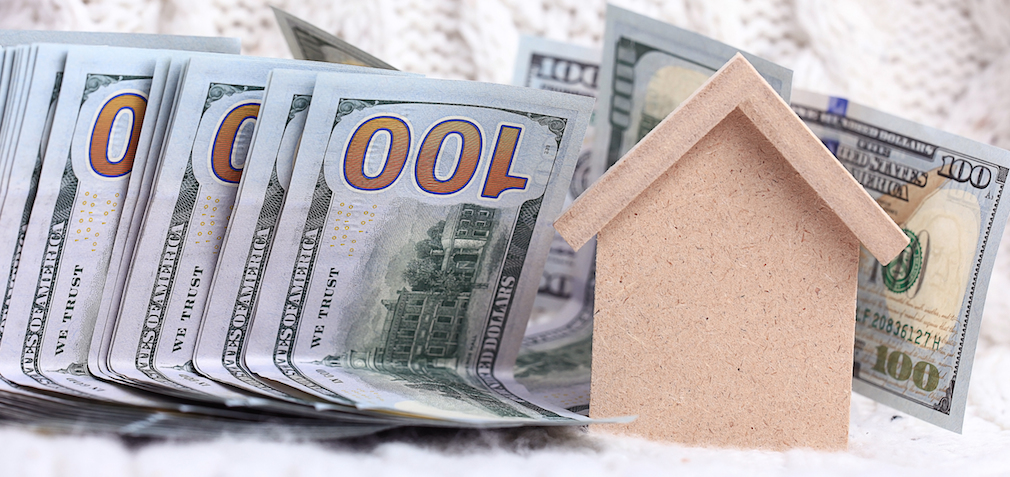When a top executive at Walmart told Wall Street analysts and journalists on a conference call last week that tariffs on Chinese goods would lead to higher prices for his customers, people who follow the housing and mortgage industries felt a sense of foreboding. Higher consumer prices lead to higher inflation, which leads to higher mortgage rates that put a chill on home sales.
“Increased tariffs will lead to increased prices, we believe, for our customers." Walmart chief financial officer Brett Biggs on a call after the world’s largest retailer reported earnings for the first quarter of 2019. Since then, executives at Target, Home Depot, Kohl's, and Macy's have made similar statements.
What does the price of an air-conditioner at Walmart have to do with the housing market?
The people who set mortgage rates are investors in mortgage-backed securities, or MBS, and they decide what coupon rate they will accept based largely on their expectations for inflation. MBS are bonds, and inflation eats away at bond returns.
So, if investors expect inflation to rise they will demand higher coupon rates, which translate into higher mortgage rates. The Federal Reserve doesn’t have an official role in setting home-loan rates, but MBS investors look to the Fed for guidance on its expectations for inflation.
When Walmart’s Biggs said the tariffs would lead to higher prices, he was stating the obvious: tariffs are collected by U.S. Customs and Border Protection agents from importers. No one sends China a bill. While it’s possible American importers will absorb the added cost out of the goodness of their hearts, it’s more likely the expense eventually will be passed on to consumers at the end of the line.
But we live in a world where the president of the United States repeatedly says that China will pay the tariffs that go into the U.S. Treasury, not consumers.
It’s true that China may experience a financial hit by seeing demand for its products drop, but no one is handing China a bill. So, when the president is referencing the money being paid into the U.S. Treasury because of tariffs, he is talking about money being collected from American importers.
“It all comes from China,” Trump said at a White House event Thursday when he announced that American farmers would get a $16 billion bailout. “We’ll be taking in over a period of time hundreds of billions of dollars in tariffs and charges to China and our farmers will be greatly helped.” Later, the president added, “Just so you understand these tariffs are paid for largely by China.”
You could ask a Customs and Border Protection agent who gets the bill. Or, ask the economists at the International Monetary Fund who came out with a report Thursday saying consumers are paying the added costs.
IMF researchers found “tariff revenue collected has been borne almost entirely by U.S. importers,” according to the report.
“Some of these tariffs have been passed on to U.S. consumers, like those on washing machines, while others have been absorbed by importing firms through lower profit margins.”






